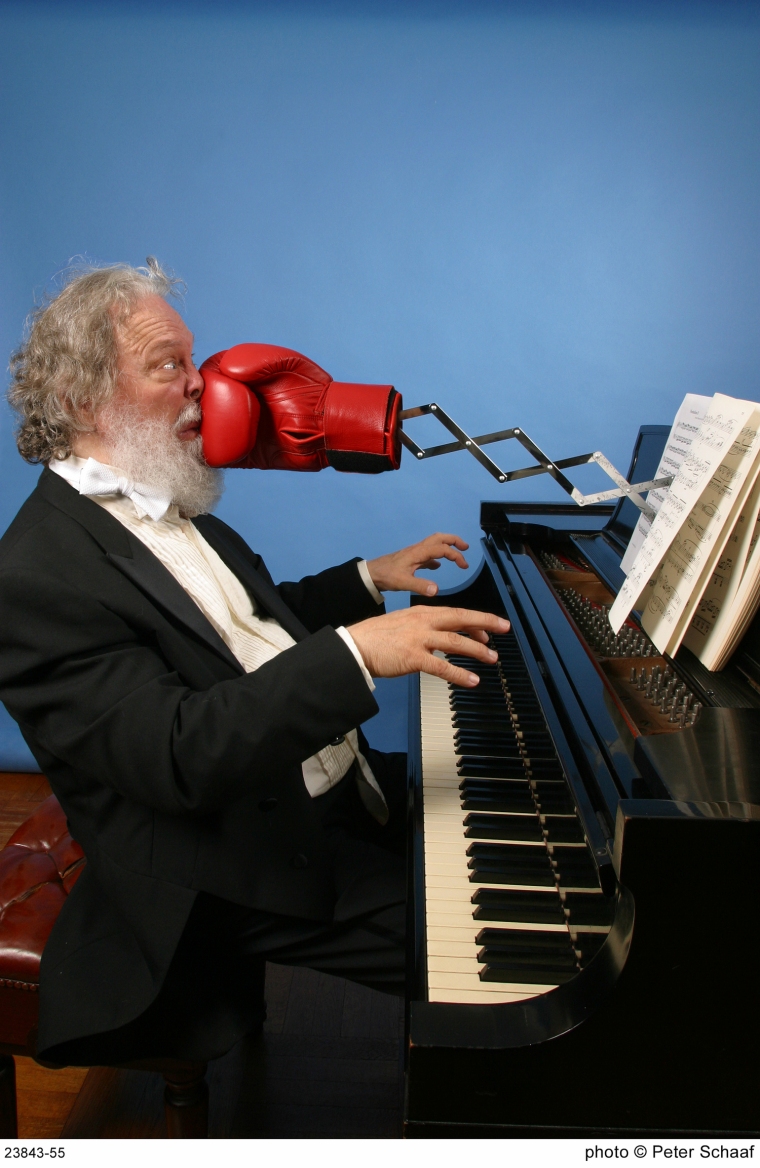George Gershwin (1898 - 11 luglio 1937): Swanee (1919) eseguito al pianoforte dall’autore (incisione su rullo per pianoforte automatico). Il brano fu concepito, almeno in parte, come parodia di Old Folks At Home ovvero Swanee River (1851), famosissimo minstrel song di Stephen Foster.
Lo stesso brano cantato da Al Jolson, sul testo originale di Irving Caesar, nel film Rapsodia in blu (Rhapsody in Blue), biografia cinematografica di Gershwin diretta nel 1945 da Irving Rapper.
I’ve been away from you a long time.
I never thought I’d missed you so.
Somehow I feel
You love is real,
Near you I long to wanna be.
The birds are singin’, it is song time,
The banjos strummin’ soft and low.
I know that you
Yearn for me too.
Swanee! You’re calling me!
Swanee!
How I love you, how I love you!
My dear ol’ Swanee,
I’d give the world to be
Among the folks in
D-I-X-I-E-ven now My mammy’s
Waiting for me,
Praying for me,
Down by the Swanee.
The folks up north will see me no more
When I go to the Swanee Shore!
Swanee eseguito dal Banjo-Orchestra, uno strumento meccanico recentemente prodotto dalla D. C. Ramey Piano Company di Marysville, Ohio, sulla base del pressoché omonimo Banjorchestra, realizzato nel 1914 dalla Connorized Music Company, che aveva sedi a New York, a Chicago e a Saint Louis.




